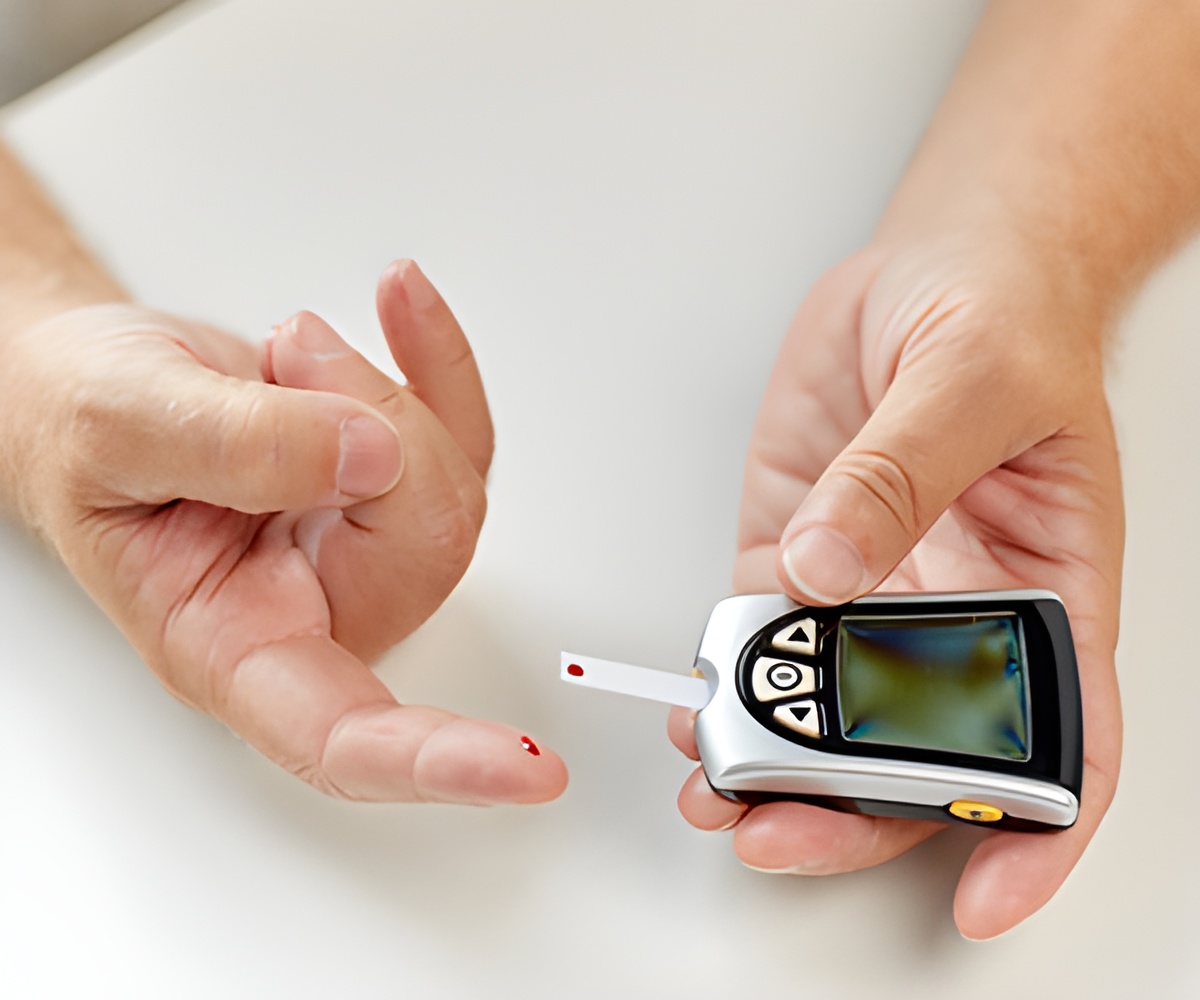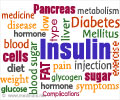Scientists in the US have designed an oral drug capsule that can carry insulin and protect it from the harsh environment in the digestive tracts.

‘New drug delivery system in the form of oral capsule helps inject insulin into the small intestine where pH is high, bypassing acidic pH in the stomach.’
Read More..




Those needles then attach to the intestinal wall and release drug for fast uptake into the bloodstream, according to the study. Read More..
In tests in pigs, researchers from Massachusetts Institute of Technology (MIT) showed that this capsule could load a comparable amount of insulin to that of an injection.
Earlier this year, they developed a blueberry-sized capsule containing a small needle made of compressed insulin. Upon reaching the stomach, the needle injects the drug into the stomach lining. In the new study, the researchers developed a capsule that could inject its contents into the wall of the small intestine.
They coated the 30-millimeter-long capsule with a polymer that can survive the acidic environment of the stomach. The capsule breaks open in the small intestine as the pH is higher, and then springs three folded arms containing patches of one-millimeter-long needles that can carry insulin, according to the study.
When the arms unfold open, the force of their release allows the needles to just penetrate the topmost layer of the small intestine tissue. After insertion, the needles dissolve and release the drug.
Advertisement
"We can deliver insulin, but we see applications for many other therapeutics and possibly vaccines," said Giovanni Traverso at MIT.
Advertisement












